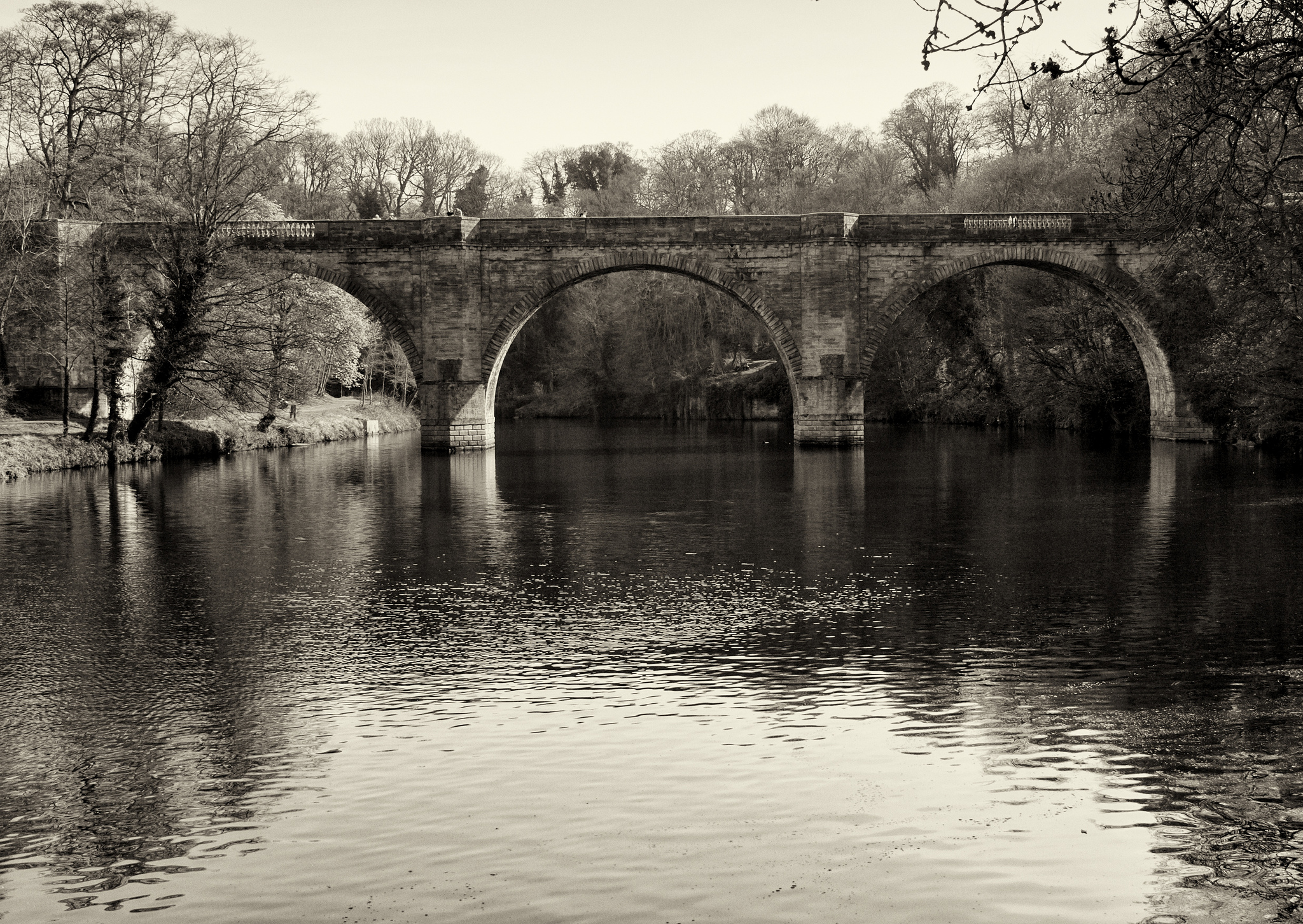Anyone connected, however loosely, with Durham over the last ten years will probably have heard the following Bill Bryson quote: ‘If you have never been to Durham before, go there at once. Take my car, it’s wonderful.’
This tidy, pretty couple of sentences were lifted from Bryson’s Notes From a Small Island by the university and local tourist board shortly after the turn of the century. Thereafter they were plastered everywhere. It was just the pithy recommendation they were after, and it sprouted up in all imaginable places during my time in the city: on prospectuses, on billboards, in magazines and flyers. For the trouble of his seventeen words, Bryson was rewarded with the chancellorship of the university in 2005 (his stint has just ended) and a permanent display at the front of the local Waterstones.
I left Durham in the summer of 2004 and had forgotten all about this until a month or so ago, when I was reading Humphry Clinker, an eighteenth century picaresque novel. Here Tobias Smollett provided a description that forms the perfect antidote to Bryson’s. On reaching Durham, the book’s acerbic central character, Squire Matthew Bramble, writes:
‘The city of Durham appears like a confused heap of stones and brick, accumulated so as to cover a mountain, round which a river winds its brawling course. The streets are generally narrow, dark and unpleasant, and many of them almost impassable in consequence of their declivity. The cathedral is a huge gloomy pile; but the clergy are well-lodged.’
Smollett is a recent discovery, and a new favourite. George Orwell called him ‘Scotland’s finest novelist’ and Dickens, no less, has David Copperfield resorting to a chest full of his books – especially the roving Augustan masterpiece Roderick Random – for solace when he is locked up in his bedroom at Blunderstone by the horrible Murdstones. Later on, Copperfield wins Steerforth’s friendship by reading him Smollett out loud.
Pigeonholed, Smollett would perhaps come out as the Scottish Cervantes. His novels are filled with humour and truth, and they sweep across countries and landscapes, bumping into the bizarre characters the eighteenth century so often threw up. I don’t agree with his description of Durham, which I still think has a unique, magical charm, but I love the blunt intemperance of Smollett’s characters – especially Matthew Bramble who had much the same misanthropic outlook two hundred years ago that Charlie Brooker has today.
Another lively passage from Humphry Clinker describes a meeting of London writers:
‘In my last, I mentioned my having spent an evening with a society of authors, who seemed to be jealous and afraid of one another. My uncle was not at all surprised to hear me say I was disappointed in their conversation. ‘A man may be very entertaining and instructive on paper (said he), and exceedingly dull in common discourse. I have observed, that those who shine most in private company, are but secondary stars in the constellation of genius – A small stock of ideas is more easily managed, and sooner displayed, than a great quantity crowded together. There is very seldom any thing [sic] extraordinary in the appearance and address of a good writer, whereas a dull author generally distinguishes himself by some oddity or extravagance. For this reason, I fancy, that an assembly of Grubs* must be very diverting.
—
* Grubs as used here refers to those journalists who worked in Grub Street. The term corresponds, more or less, to the modern term ‘hacks.’
Image credit: Dr Chas
